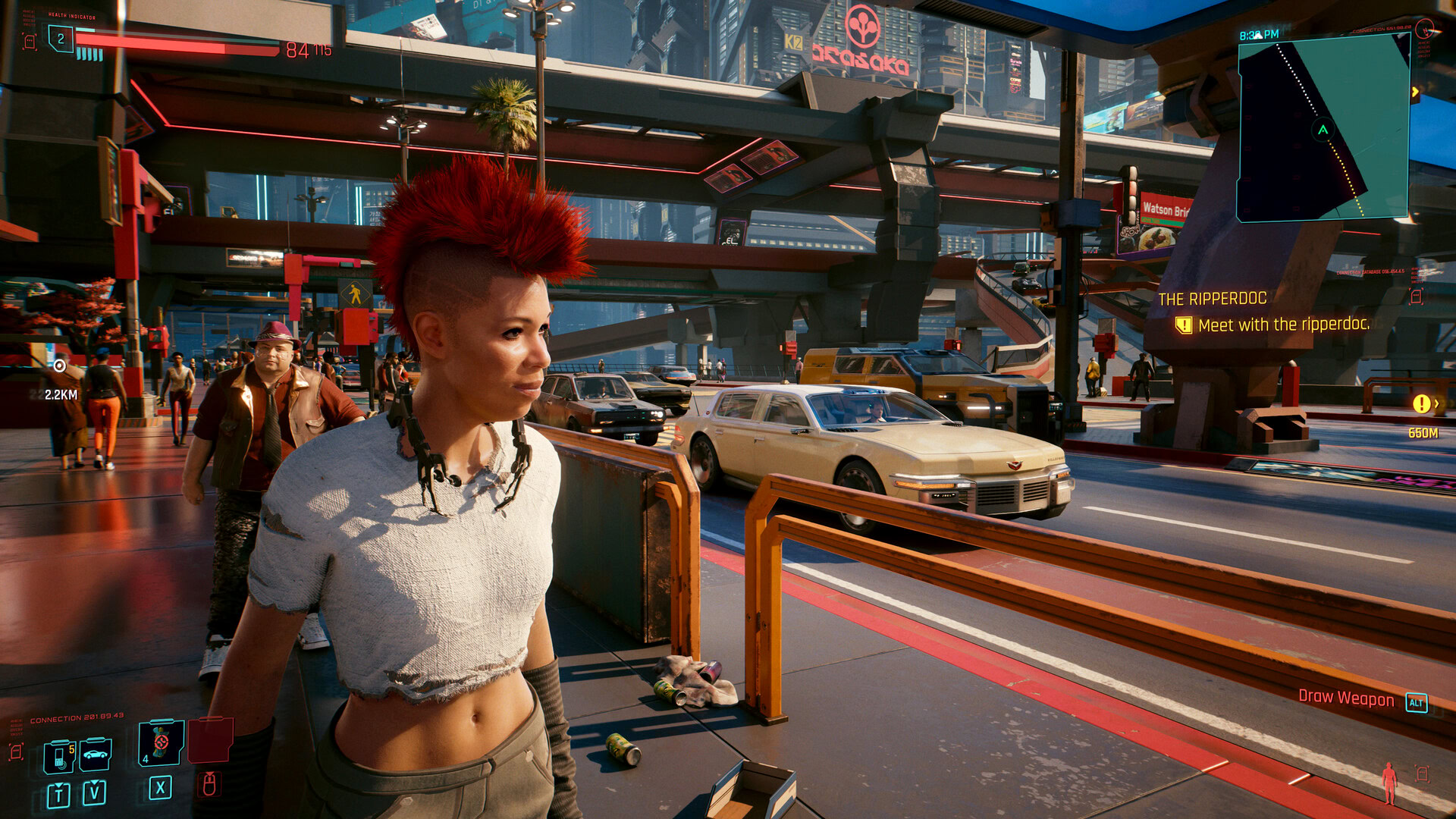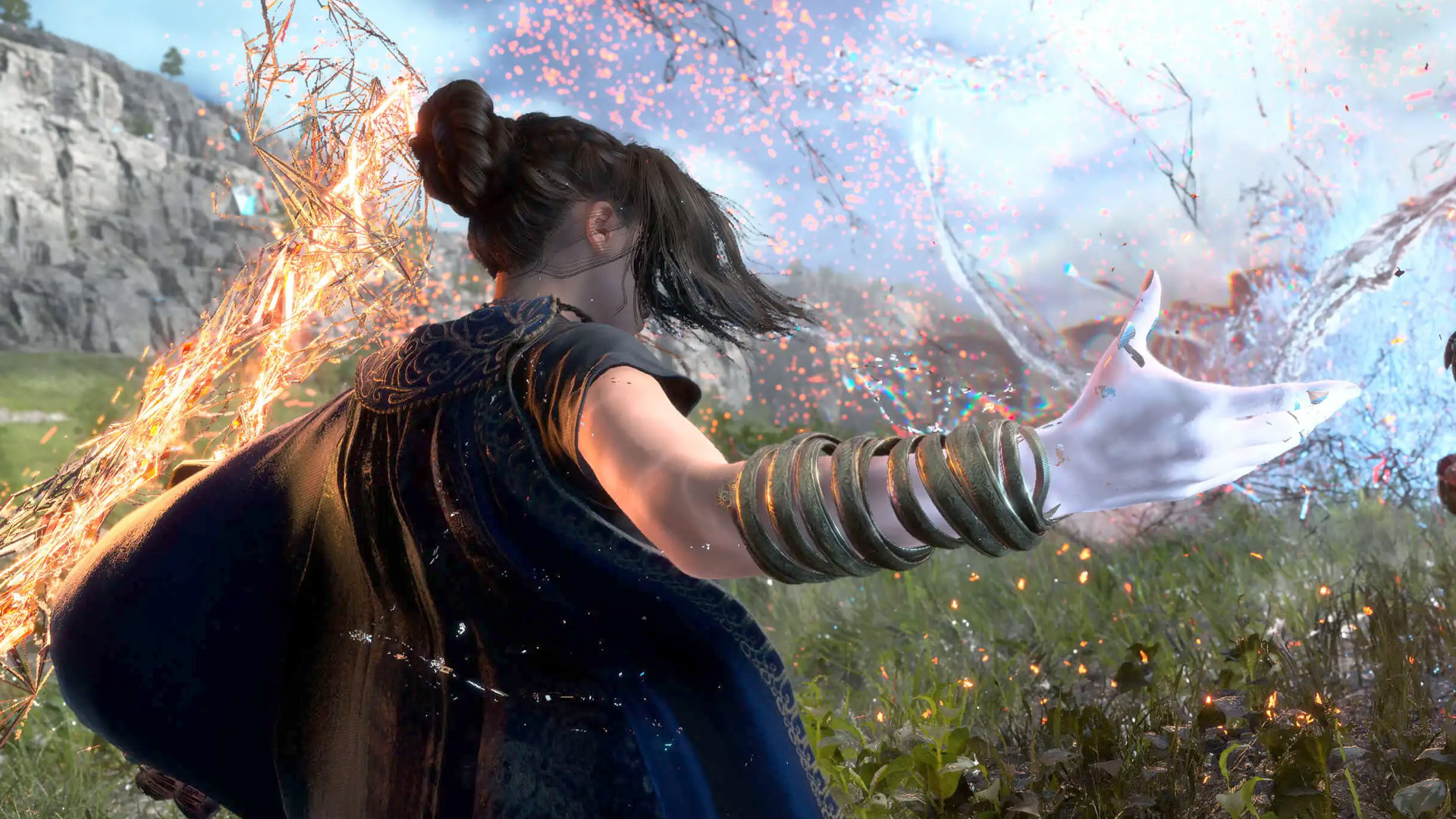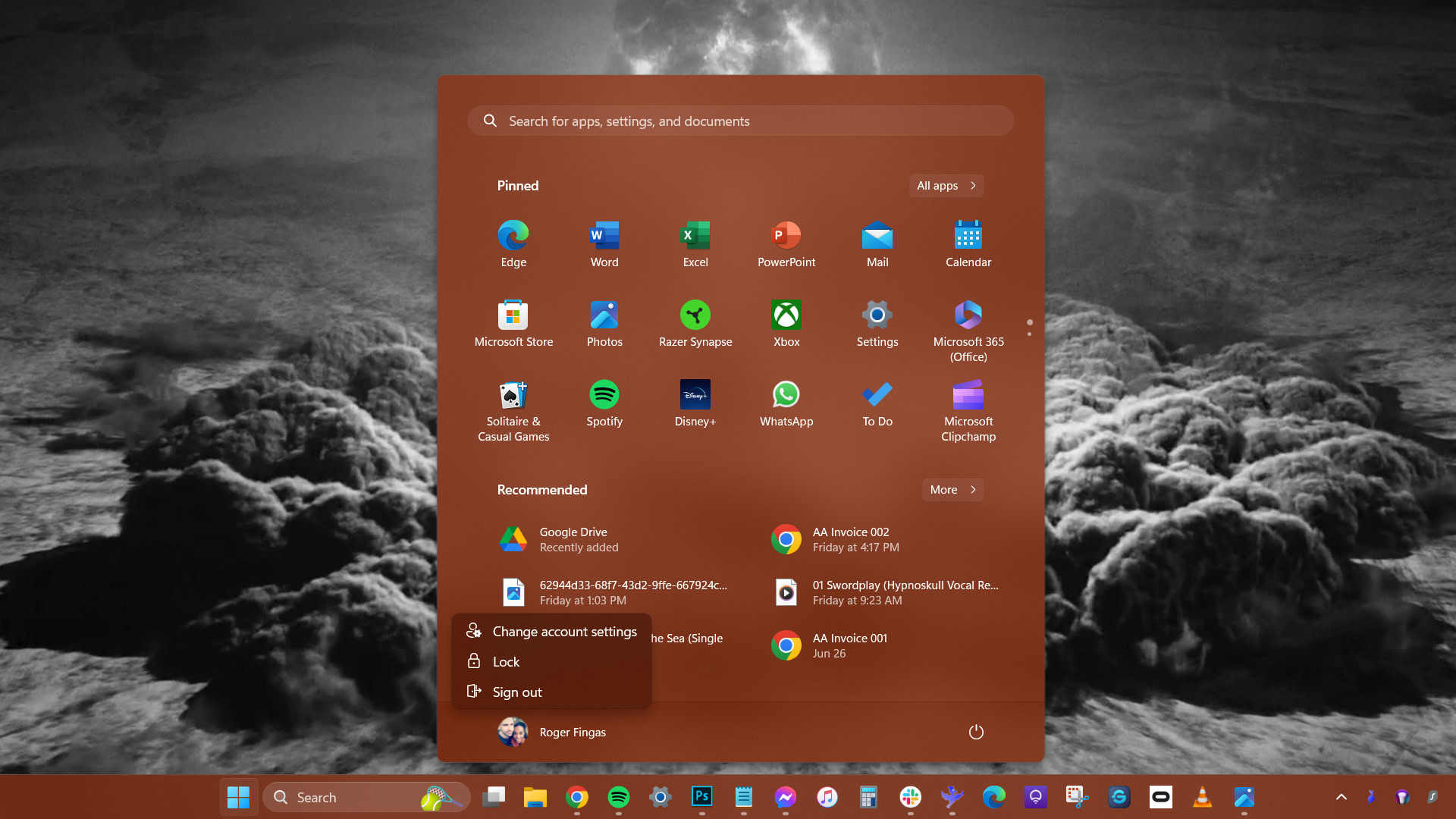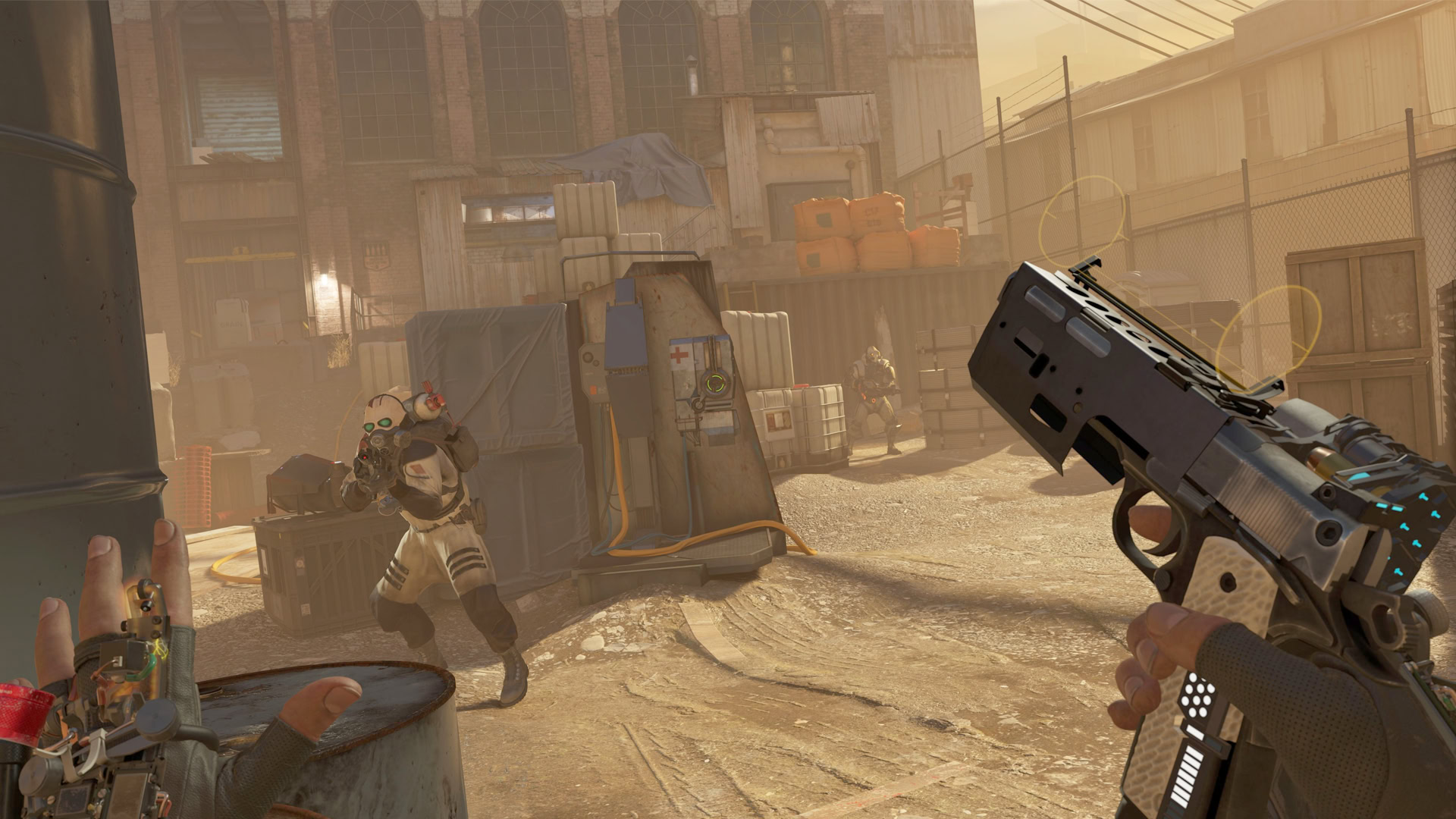Is Windows 11 good for gaming in 2023?
Gamers are usually on the cutting edge of PC tech, whether it involves apps, specs, or accessories. But if you’ve got a Windows 10 machine that’s functioning just fine, there may not be any obvious reason to upgrade your operating system to Windows 11, apart from eliminating annoying marketing by Microsoft. There could even be potential drawbacks. So is worth making the leap, or should you hold out for Windows 12?
Is Windows 11 better than Windows 10 for gaming?

Overall, yes. It includes upgrades that are engineered with PC gaming in mind, including performance enhancements. There were some problems with early versions of Windows 11 — including glitches with NVIDIA graphics cards, which are the centerpiece of most gaming PCs — but those have since been resolved.
You probably won’t see a huge leap over Windows 10, whether in terms of performance or features, but given an easy upgrade path there’s little reason not to make the switch. If you’re buying a new gaming rig, you should automatically pick one with Windows 11 — not that you’re likely to find one with anything older at this stage.
The pros and cons of updating your gaming PC to Windows 11
While the verdict is favorable overall, there are still pros and cons to consider before upgrading, especially if Windows 10 isn’t giving you grief.
Performance

This is a clear pro, since Windows 11 includes technologies like DirectStorage, an Xbox-based API that can drastically improve load times and sometimes framerates. Games with the technology are only now starting to roll out, the first being Forspoken, but soon enough going without that is going to make Windows 10 seem markedly inferior.
Some other improvements include better HDR (high dynamic range) support, optimized memory management, and faster SSD speeds. We don’t want to oversell any of this — HDR isn’t even that dramatic on PC monitors, yet — but if you want the best performance, Windows 11 is the way to fly.
There are some catches here. You need an NVMe SSD to take full advantage of things like DirectStorage, so if you still have a platter drive, Windows 11 won’t help much. Likewise, you won’t see HDR improvements at all unless you own a compatible display, and most monitors skip the technology to keep prices down.
Interface changes

Roger Fingas / Android Authority
Some people don’t like the interface changes in Windows 11. The Start button and other icons are centered in the taskbar, for instance. which can take some getting used to. The same is true of smaller changes to things like the Settings app, File Explorer, and the system tray. You’ll find items shuffled, relabeled, or expanded, occasionally with a new coat of paint.
That’s part-and-parcel of many OS upgrades, though, and once you adjust, the changes are generally welcome. Things like Snap Layouts and multiple desktops are easier to use, and the software can now finally remember how you’ve positioned windows on external monitors. That makes it simpler to switch between work and gaming setups, or just keep your battlestation the way you like it.
Migration
The upgrade process should be seamless for most people coming from Windows 10, but “most” is the operative word. If your machine is several years old, there’s always a risk that one component or accessory won’t work perfectly with Windows 11 due to something like driver incompatibility. Some products might not have any Windows 11 drivers, although if they haven’t received an update as of mid-2023, chances are they’re on the verge of becoming obsolete anyway.
It’s critical to check compatibility before upgrading. Also, even when things look safe, you should back up essential data to a cloud service like OneDrive and/or an external SSD. If that seems like an unnecessary hassle at the moment versus the potential benefits, chances are you can afford to wait.
Should I update to Windows 11 for gaming?

As long as your PC and any of your must-have accessories meet minimum requirements, you probably should. The upgrade is free coming from Windows 10, and there aren’t any serious downsides. If you’ve got a powerful gaming rig, you may actually need Windows 11 to best exploit it.
More significantly perhaps, Windows 10 is on its way out. App and hardware developers are now focusing their efforts on 11, so that’s what you need to guarantee support. Microsoft itself is planning to shut off Windows 10 support after October 14, 2025, which is likely a sign that Windows 12 will already be available by that point. If so, the upgrade process will only become harder, with a sharper learning curve to boot.
For all the latest Technology News Click Here
For the latest news and updates, follow us on Google News.

